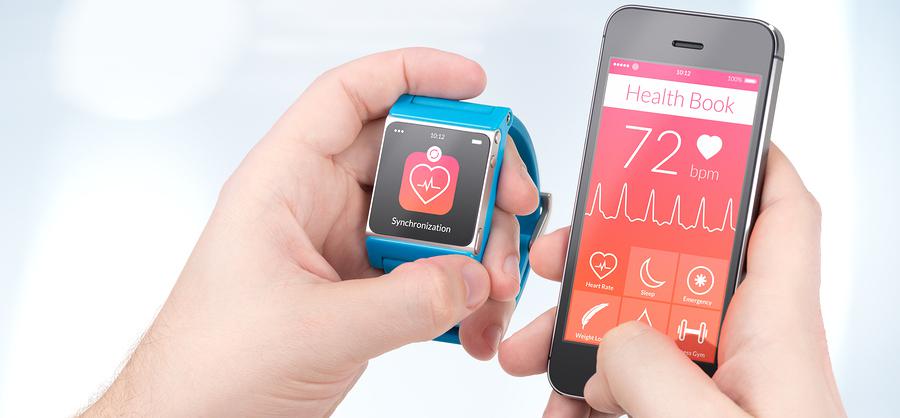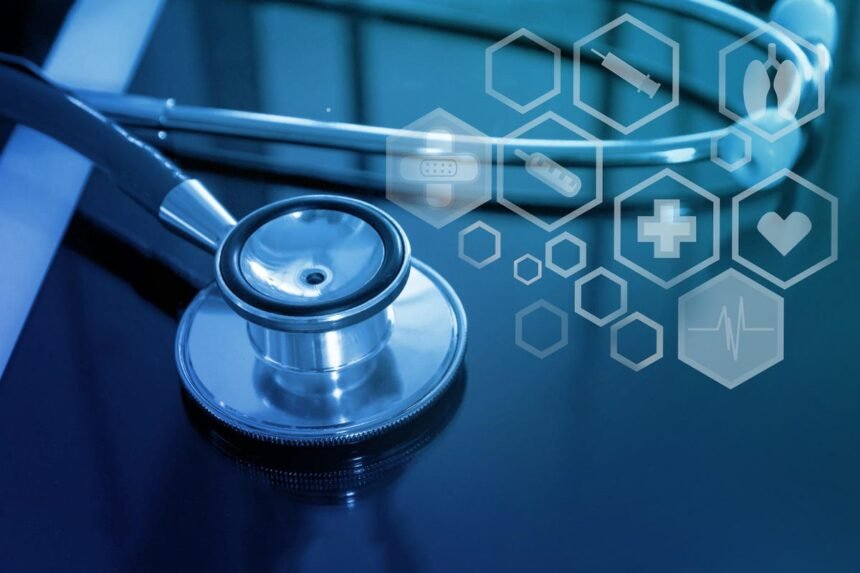Technology and healthcare are two fields that have always been interrelated. The advancements in technology have brought about numerous changes in healthcare, improving patient outcomes, making healthcare more accessible and efficient, and enhancing the overall quality of care. In this article, we will discuss how technology and healthcare go hand in hand.
- Electronic Health Records (EHRs) are an electronic version of a patient’s medical history, containing all of their medical information, including medical diagnoses, medications, lab test results, and imaging reports. EHRs allow healthcare providers to have access to a patient’s medical history instantly, regardless of where they are located. EHRs also reduce errors and duplication of medical tests.
- Telemedicine is a technology that allows healthcare providers to communicate with patients through video conferencing. This technology is especially useful in rural areas where access to healthcare is limited. Telemedicine allows patients to receive medical attention from the comfort of their homes, saving them time and money.
- Wearable health monitors are devices that can monitor a patient’s vital signs, such as heart rate, blood pressure, and oxygen saturation. These devices are especially useful for patients with chronic diseases who need to monitor their health regularly. Wearable health monitors can transmit data to healthcare providers in real-time, allowing for timely interventions and preventing complications.

- Medical imaging is a technology that allows healthcare providers to visualize the inside of a patient’s body. This technology is useful in diagnosing and treating diseases such as cancer and heart disease. Medical imaging includes X-rays, CT scans, MRI scans, and ultrasounds.
- Artificial Intelligence (AI) is a technology that allows machines to learn from data, make decisions, and perform tasks that would typically require human intelligence. AI has numerous applications in healthcare, including medical diagnosis, drug discovery, and patient monitoring.
- Robotic surgery is a type of surgery that uses robotic technology to perform surgical procedures. Robotic surgery allows for more precise and minimally invasive surgeries, reducing patient recovery time and improving outcomes.
- Mobile health apps are software applications that can be downloaded to a patient’s mobile device, allowing them to monitor their health, track their medications, and communicate with healthcare providers. Mobile health apps are especially useful for patients with chronic diseases, allowing them to manage their condition more effectively.

In conclusion, technology and healthcare go hand in hand, and the integration of technology in healthcare has brought about numerous benefits, including improved patient outcomes, increased efficiency, and enhanced quality of care. As technology continues to evolve, it is likely that healthcare will become even more accessible and efficient, allowing for better patient care and outcomes.
For more such updates, keep reading techinnews.



